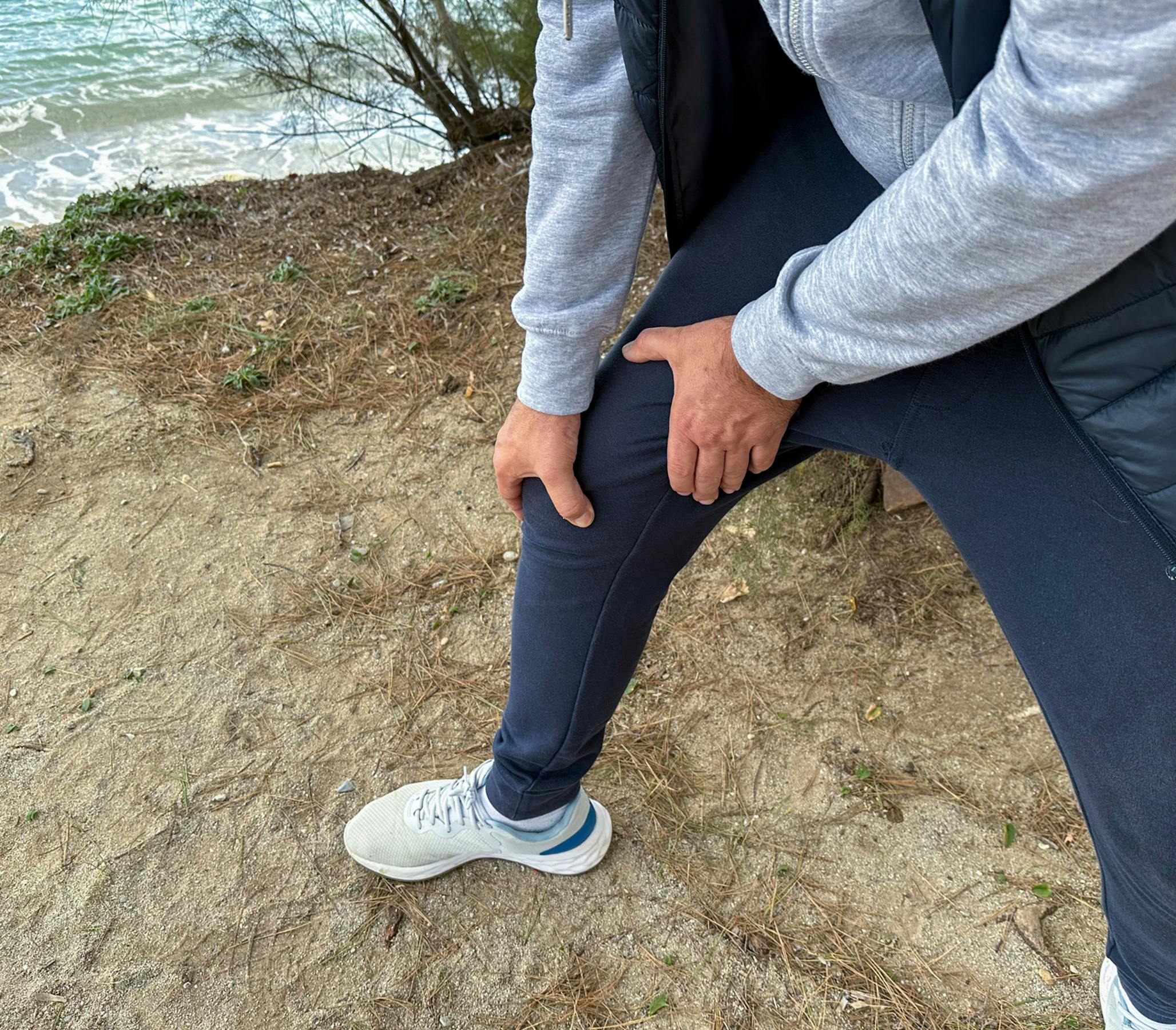Manage diabetic leg pain effectively with the help of NJ Vein Specialists. Our advanced care and empathetic approach are designed to alleviate discomfort and improve leg health.
What is diabetic leg pain?
Diabetic leg pain is usually a symptom of diabetic neuropathy, where high glucose levels damage the nerves, particularly in the legs and feet. It can manifest as sharp, shooting pains, burning, tingling, or a dull ache. This condition can also lead to loss of sensation in the legs and feet, increasing the risk of injury and infections.






